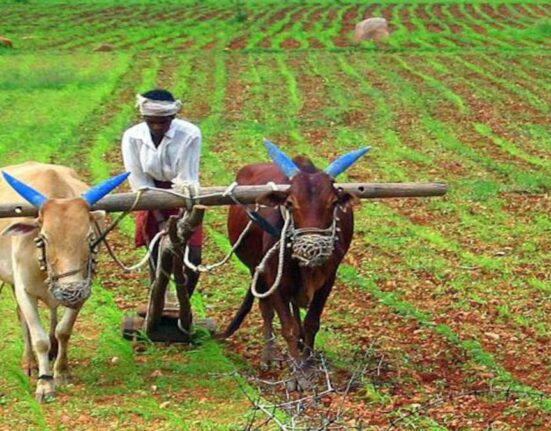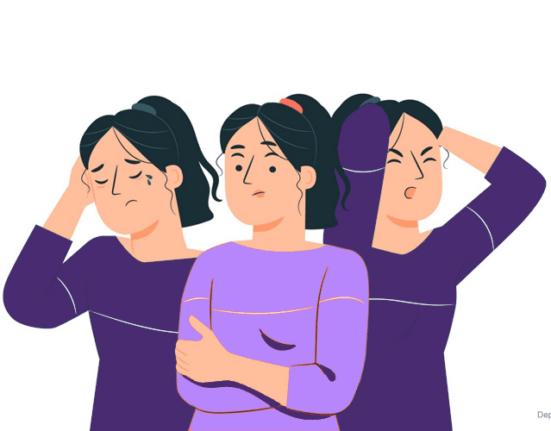Chhath Puja is an ancient Hindu festival. The Sun God is celebrated during this puja.
Chhath Puja is an ancient Hindu festival celebrated mostly in the states of Bihar,Uttar Pradesh, West Bengal etc. During this puja, people offer prayers to the solar deity, Surya. The sun is visible to every being and is the basis of life of all creatures on earth and so people show gratitude and thankfulness to the solar deity.
Chhathi Maiya, the sixth form of Devi Prakriti and Lord Surya’s sister is worshipped as the Goddess of the festival. It is celebrated six days after Deepavali. It is astonishing how all the Hindu festivals are interconnected with each other.
According to Vedic astrology, Chhathi Maiya (or Chhathi Mata) protects the children from diseases and problems and gives them long lives and good health.
As per legends, Chhath Puja stems from the early Vedic period, where sages would fast for days and perform the puja with mantras from Rigveda. It is believed that Chhath Puja was also performed by Karna, the son of Lord Surya and the king of Anga Desh, which is the modern-day Bhagalpur in Bihar. According to another legend, Pandavas and Draupadi also performed the Puja to overcome obstacles in their lives and reclaim their lost kingdom.
The Chhath Puja rituals are observed over four days. They include holy bathing, fasting and abstaining from drinking water , standing in water, and offering prasad and arghya to the setting and rising sun.Some devotees also perform a prostration march as they head for the river banks.

The main worshippers, called parvaitin , are usually women. However, many men also observe this festival as Chhath is not a gender-specific festival. The parvaitin pray for the well-being of their family, and for the prosperity of their children.
In some communities, once a family member starts performing Chhath Puja, they are bound to perform it every year and to pass it on to the following generations. The festival is skipped only if there is a death in the family that year. If the person stops performing the ritual in any particular year, it stops permanently and one cannot resume it. In other communities, this is not mandatory.
The prasad offerings include Thekua, Khajuria, Tikri, Kasar (and fruits (mainly sugar canes, sweet lime, coconut, banana and many seasonal fruits) offered in small bamboo baskets.The food is strictly vegetarian and is cooked without salt, onions or garlic. Emphasis is put on maintaining the purity of the food
It has been said that the festival of Chhath is one of the most eco-friendly religious festivals in the World. There is burning of firecrackers and no immersion of idols unlike other festivals.
Although the festival is observed most widely in the Terai region of Nepal and the Indian states of Bihar, Uttar Pradesh, West Bengal, and Jharkhand, it is also prevalent in areas where the diaspora and migrants from those areas have a presence.













